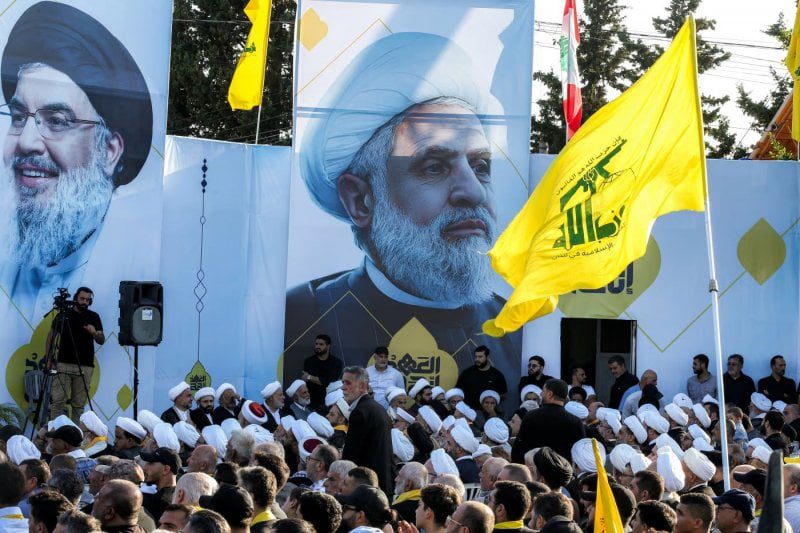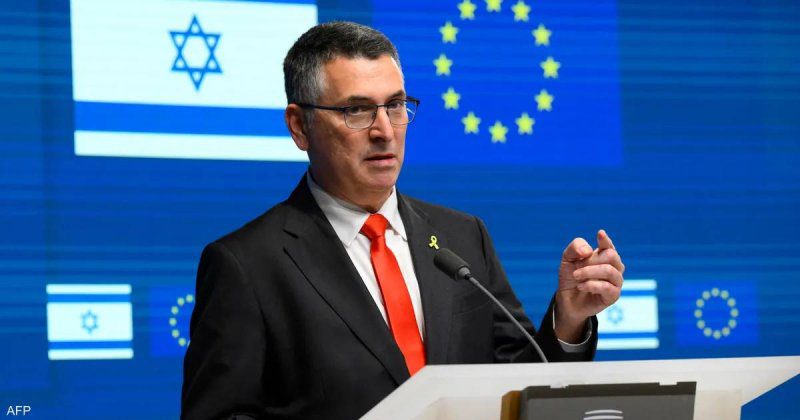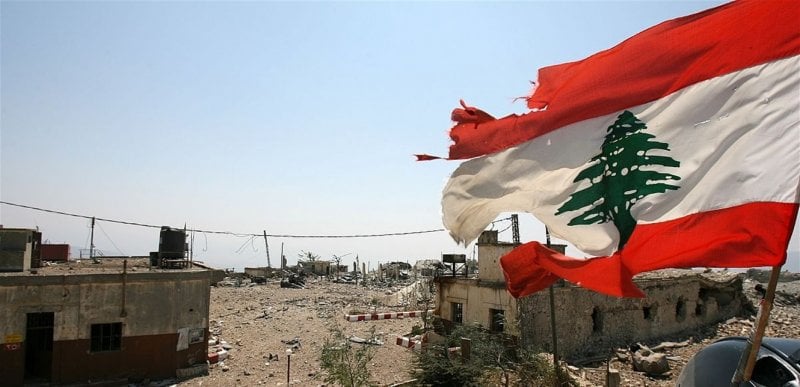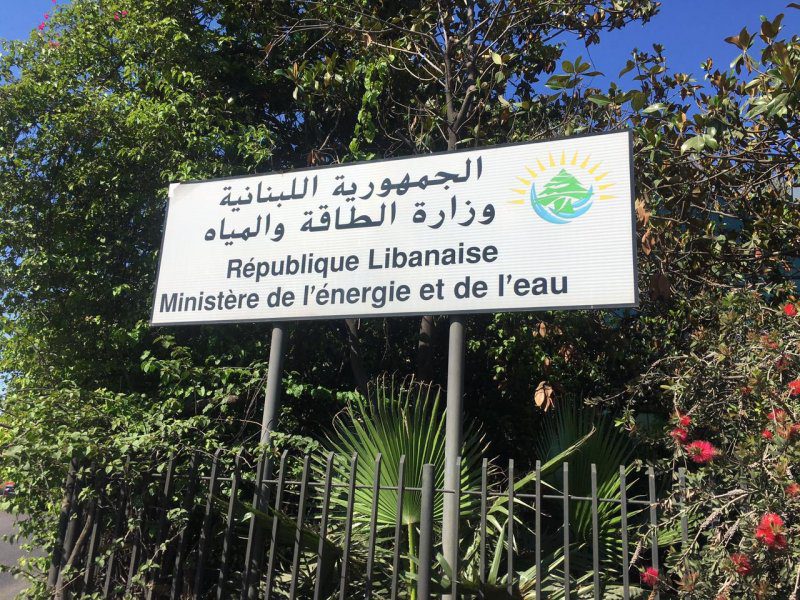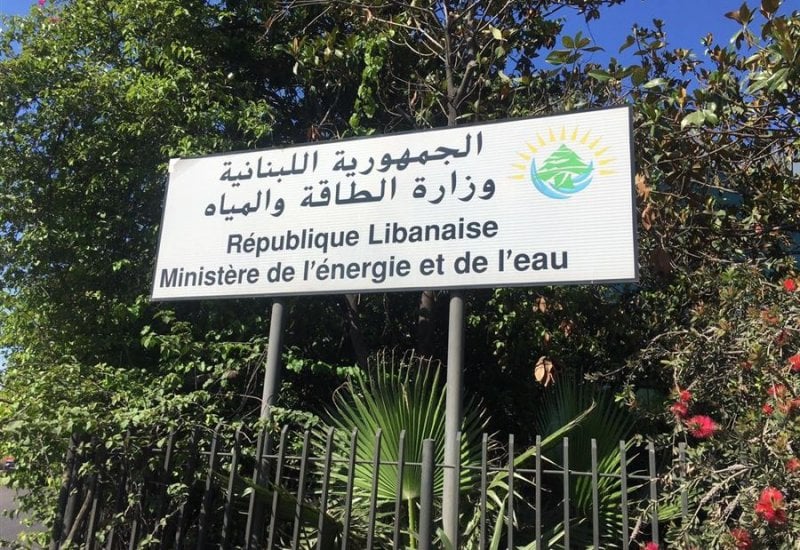
This step confirms what was previously warned against.
The tender resulted in outcomes described as catastrophic, with unprecedented high prices, a limited number of participating companies, and the victory of a company currently under judicial investigation.
It is worth mentioning that the tender saw the participation of only two contractors, reflecting the absence of genuine competition. The tender concluded with the victory of “Iplom International S.A.” with its lowest bid, where the Premium price reached $111 per ton. The same company had won similar tenders during the past months of June and July based on only $60 per ton.
This means that the price difference is almost double, without any clear market or technical justification, which raises questions about how offers are evaluated and the transparency of the entire process.
The matter did not stop at the limits of the numbers; the winning company “Iplom International S.A.” is currently under judicial investigation on charges of importing Russian fuel oil that was supplied to Lebanon at global market prices, with profits exceeding $6 million per tanker. A decision has been issued to place a precautionary seizure on its bank guarantees worth $9 million as a result of these violations, pending the completion of investigations.
Despite this clear judicial decision, the accused company chose to participate again in the tenders, ignoring any new judicial decision that could be issued against it.
According to informed sources, this tender can only be interpreted in one of two ways: either a dire administrative failure in reading the market and managing the file, or deliberate collusion to keep the same companies in the spotlight despite their precedents and judicial records. Experts believe that the Ministry of Energy should immediately cancel the tender, or at least freeze it, and resort to a quick public tender to purchase fuel directly through a Letter of Credit instead of the complex and costly exchange mechanism. If the prices are close, the current tender can be maintained, but if the prices are lower, it must be canceled and the new winner awarded.
Experts point out that adopting a direct payment mechanism through a letter of credit could reduce the price by at least $50 per ton, which is equivalent to about $4 million in the current tender.
The website had previously warned months ago against the Ministry’s continued reliance on the “Iraqi oil exchange” mechanism, which has proven to be a complete failure and has caused accumulated losses, and the warnings have indeed come true. However, the ministry insists on the same approach, as if the goal is not to secure fuel at the best price, but to keep the deals within the same circle of refined and dubious companies.
The recent tender is not just an administrative flaw, but a clear indication that corruption still controls the joints of the energy file in Lebanon, and that waste continues in the tens of millions of dollars, while the Lebanese live in darkness, and corrupt companies remain in the light.





